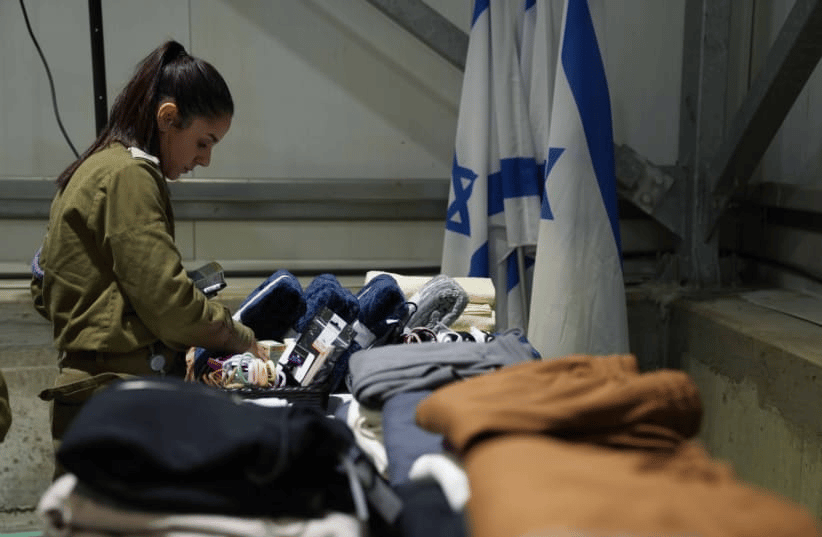May they all have a full recovery
Holocaust survivor experience guides hostage care
As hostages return, Israel plans comprehensive psychological care inspired by survivor resilience.

In just a few hours, the first three hostages will return to Israel and will be transferred to the specialized "Returnees Wing" at the hospital. There, they will reunite with their families and begin an extended process of medical evaluations, recovery, and rehabilitation under the close care of psychological experts.
Dr. Einat Yehene, a clinical neuropsychologist and rehabilitation psychologist leading the rehabilitation team at the Hostage Families Headquarters, has been working with affected families for over a year.
“These hostages have endured extreme violence, constant fear, and harsh conditions - including exposure to brutal scenes, nutritional and sleep deprivation, and persistent threats,” Yehene explained. “Such experiences leave profound imprints on both the mind and brain. The combination of trauma and loss of control often results in severe symptoms such as psychomotor paralysis, disorientation, and serious physiological effects.”
Yehene noted that hostages are likely to experience neurological and cognitive challenges, including memory disruptions and difficulty connecting their captivity to their current reality. “Rehabilitation will be a long, complex journey, extending far beyond the initial days after release,” she said. “It will require a comprehensive, systemic approach - including motor and cognitive rehabilitation, along with prolonged emotional support.”
“The first days are critical,” Yehene emphasized. “Our priority is to create a safe, neutral environment that avoids exposure to triggers which might retraumatize them. Gentle, sensitive guidance is essential—without overwhelming them with questions or demands.”
Dr. Yehene highlighted the importance of empowering hostages to regain a sense of control. “Even everyday actions, like offering food, must be done with respect for their choices. Communication should be simple and focus on their basic needs: safety, nourishment, and human connection. It’s a process of emotional stabilization, almost like a ‘rebirth’ after a deeply traumatic experience,” she concluded.
Dr. Einat Yehene emphasized that while the journey to recovery for returning hostages is long and complex, it is ultimately one of hope and resilience. “The trauma of captivity leaves deep scars, but with the right care and support, hostages can rebuild their lives and discover meaning in the future,” she said.
She underscored the necessity of ongoing psychological and social support, extending beyond the hostages to encompass their families and communities. “This is about more than individual recovery; it’s about healing as a nation,” Yehene added. “By investing in their recovery, we reaffirm our commitment to their humanity and to the strength of our shared future.”
As Israel prepares to welcome its returning hostages, the nation is acutely aware that their release marks the beginning of a new chapter in their journey. With comprehensive care, personalized attention, and a sense of collective solidarity, there is hope for these individuals to reclaim their lives and thrive once more.
* The Jerusalem Post contribured to this article.